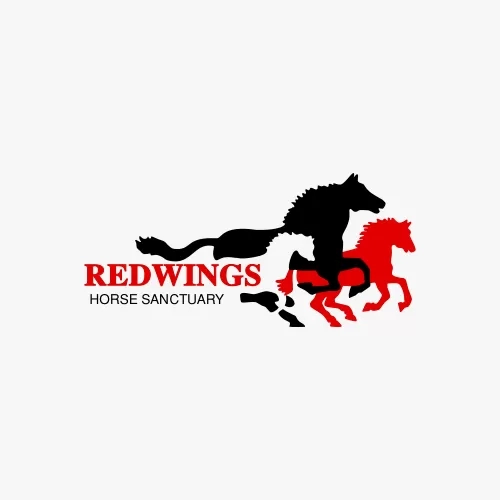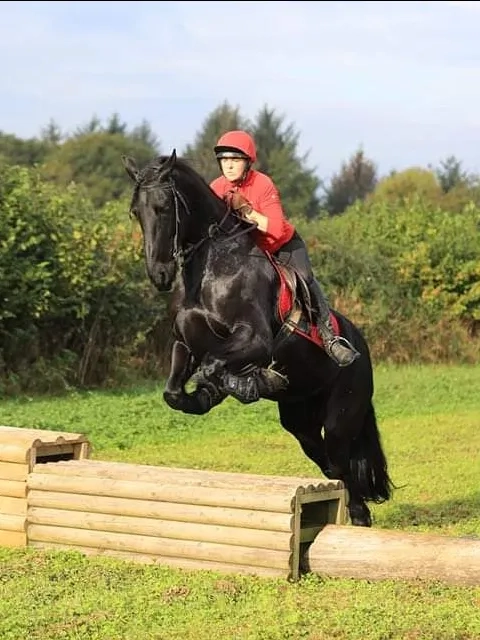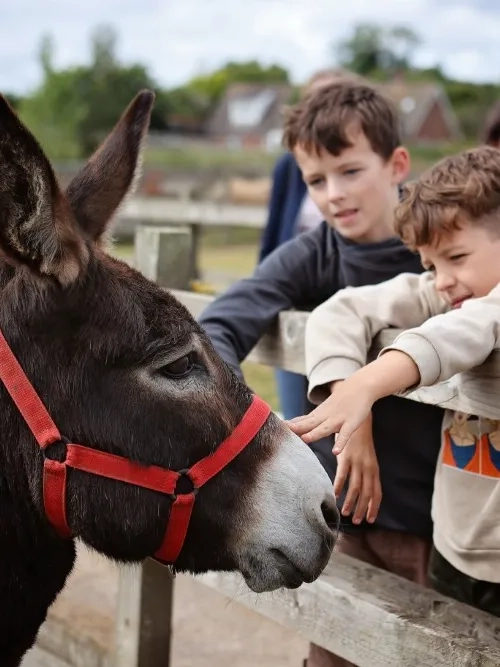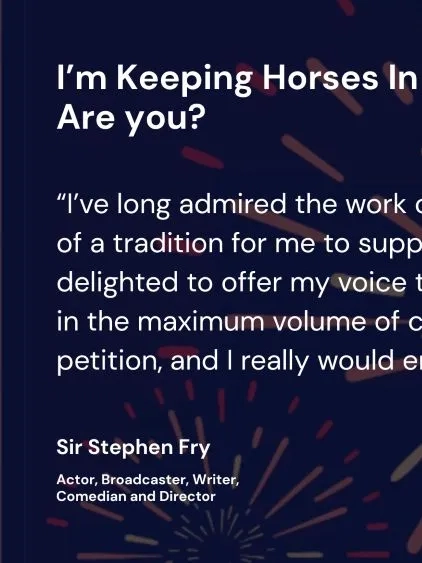23 March 2021

In this month's Welfare Corner, Beth talks us through how you can help a horse you have concerns about.
Since 2012, Redwings has received an average of just under 2,000 calls a year relating to welfare concerns and rehoming enquiries (both asking us to offer a horse a home, and asking about what we’re currently rehoming), as well as requests for general advice and information.
This reflects the ongoing crisis that the UK has been experiencing since around that time, with the equine population growing beyond manageable levels, and an accompanying rise in horses with compromised welfare.
You can read the latest report, Britain's Horse Problem, here.
Welfare organisations work around the clock to rescue and provide care for those horses most in need. Many, like Redwings, are registered charities funded purely by donations.
Although they may not be in any immediate harm, it can be very distressing or difficult for members of the public to see horses living in circumstances which we would deem to be less than ideal, such as shabby looking yards or paddocks with excessive mud or where areas of fencing need some maintenance.
In these situations, some kind-hearted and well-meaning members of the public try to step in to improve conditions for the ponies; this can include things like giving them food, providing rugs, or even in some extreme cases, doing things like cutting tethers or buying horses they’re concerned about.
The focus of this blog is to highlight some of the most common things the Welfare Department advises members of the public on, and how to help without hindering the welfare process.

Do
Contact a welfare organisation if you have a concern. Whether you’re really concerned about an equine, or you want advice on how to help, the best thing to do is speak to us. Our team is friendly, professional, and has a wealth of knowledge and resources than can be used to, at the very least, provide you with relevant advice and information. We’d rather hear about a concern than let it slip under the radar.
Don’t
Feeding horses without permission from the owner. Horses are animals with very specialised diets, which can get more complicated depending on the health needs of the horse in question. Over lockdown, with people able to go out for walks and spend more time in their local areas, there was an increase in sad stories about horses who became seriously ill or even died as a result of being given food they shouldn’t have eaten.
Do
Take time to consider the responsibilities and consequences of “rescuing” a horse yourself. Many people find when they buy a vulnerable horse that there are significant financial and emotional costs associated with rehabilitation. Rehabilitation, if needed, takes a lot of time, money (especially if the horse requires extensive veterinary or behavioural help) and experience to be effective, and many owners of “rescued” horses become quickly overwhelmed by the task. Buying can also provide an incentive for an owner to do the same thing again, with another horse, which can then become a problem.
Don’t
Put yourself in harms way to handle a horse you’re unfamiliar with. It can be highly distressing to see a horse stuck somewhere, for example caught in fencing or in a ditch, but horses can be very reactive to stressful situations, and can lash out with their legs and head. Even small interactions like grooming a horse you don’t know, or throwing feed out can become a dangerous situation very quickly, especially when multiple horses are involved. If you find a horse which is stuck or trapped, the best thing to do is call a welfare organisation immediately, and be prepared to give as detailed a description as possible of the horse and location so that officers can act quickly.
It’s also important to remember not to trespass on private land, including straying from public footpaths.
Do
Give welfare organisations time to respond to cases. Most welfare organisations are dealing with multiple cases and reports at any one time, and we have to triage reports based on the severity of the concern. Contacting multiple organisations with the same report can often make dealing with a case more difficult, and can waste time, so it is better to contact one and wait for a response. There is also a process that organisations have to go through to deal with welfare reports, which you can read more about by clicking here.
Don’t
Write lots of posts on social media. Social media posts which have attracted a lot of attention or gone viral can often hinder a case, or make situations more difficult for a welfare organisation to deal with. We also ask that reporters contact us with first-hand information – we cannot accept reports made on social media as they can be misleading or out of date.
Please also be aware that when you contact us we might ask questions about the horse or donkey’s condition, as well as a clear location. If you can prepare to answer these questions, it makes the process much easier.
Any personal details our reporters give us are held in strict confidence in line with GDPR legislation. If you’d like to read more about how we store and use your data, you can read our privacy notice here.

Redwings Press Office
Find out more about Redwings Press Office



